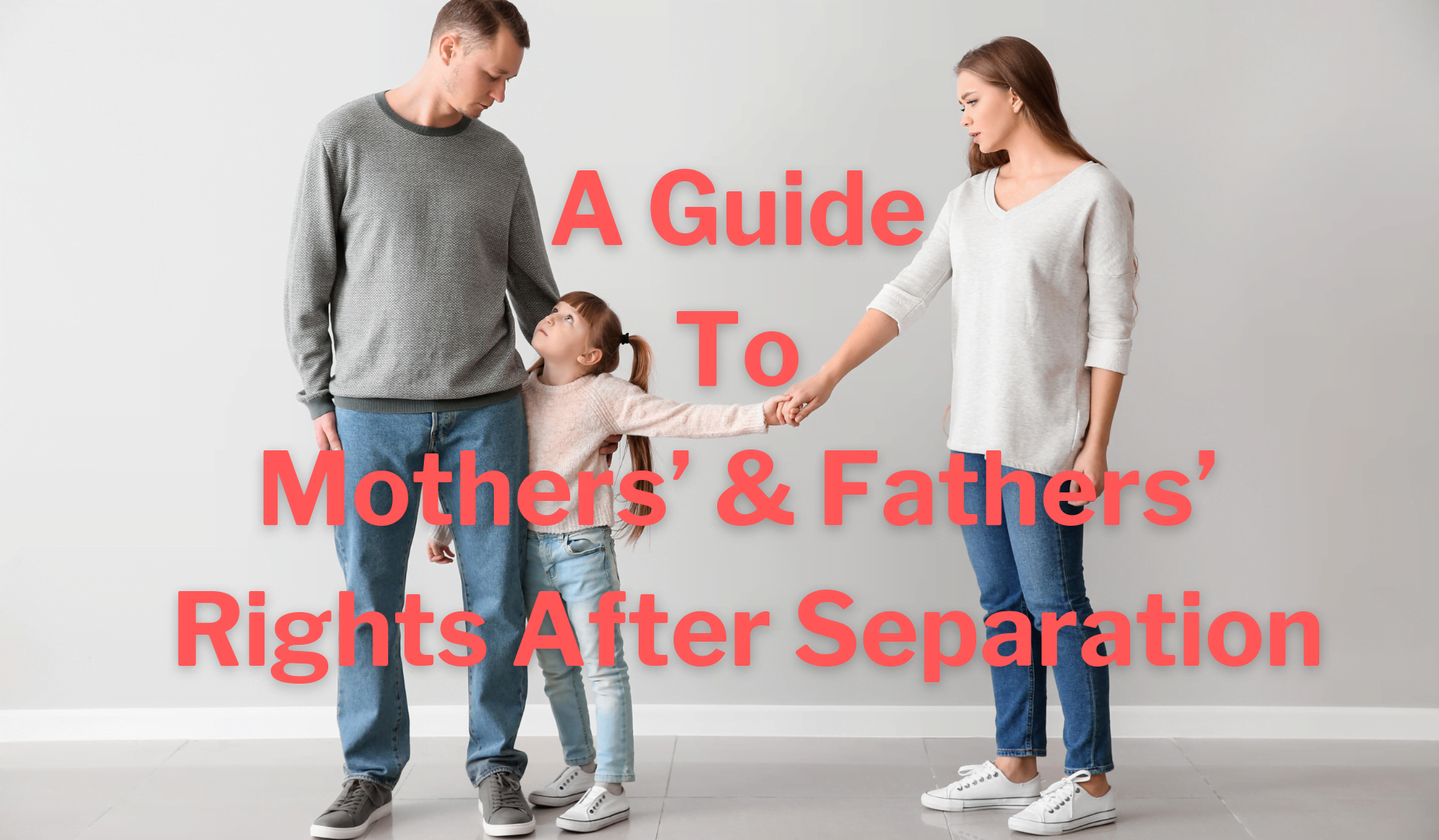Getting a divorce is a crucial decision spouses need to make about their married life. However, the process can be emotionally and financially draining for both spouses, especially if a child or children are involved and will be directly affected by the dissolution of the marriage.
Additionally, a divorce proceeding can become challenging for you and your former partner if you can’t reach an amicable agreement about your child’s welfare and other related matters. It’s essential to know that separation doesn’t need to be complicated and stressful. This is especially true if you’re dealing with an uncontested divorce or a court proceeding wherein you and the other party mutually agree on all issues related to the separation. To know more about this legal proceeding, you can click here or check some reliable resources online for more information.
On the other hand, there are other things that you should tackle when dealing with the aftermath of a divorce. For example, if you’re a recently divorced parent, you might be wondering about your rights and that of your ex-spouse about your child. In most cases, the child’s best interests determine the rights of the separated parents.
However, if you want to understand this family matter better, read on to learn the mothers’ and fathers’ rights after separation.
What Are Common Fathers’ Rights?
Typically, there’s a misconception that the court will automatically grant more rights to mothers for parental responsibility and custody after the divorce or separation. But, it’s essential to know that every situation is unique. Depending on some circumstances, the court emphasizes the importance of the father’s rights after separation from the mother. In fact, in most jurisdictions, both parents have an equal share of parental responsibility, which includes making major life decisions for the child and spending at least 50% of the time with the little one.
However, if you’re a father, the following are some common rights you may have after your separation from your child’s mother:
- Child Custody Rights
If you want to include child custody in your rights as a father, you need to consider some options. For example, if both parents agree to share custody of their child, you can assert your 50% custody through a parenting plan. Since both of you peacefully agree on the matter, there’s no need to go to court to formalize the agreement.
However, if both parents can’t agree on the parenting plan, the family court in your place will intervene and settle the issue of whether it’s within your child’s best interests to live with you. If the court favors you, you’ll have a right to full or shared custody. This means the mother can’t withhold your child from you or breach any provisions in the parenting agreement.
But you should also know that before the court makes its final decision, the parties should undergo mediation where the mediator brings you and the mother together to reach an agreement.
- Rights When The Mother Withholds The Child
If you, as a father, deal with a situation wherein the mother withholds your child, you can fight for your rights for your child. For example, one of your fathers rights in Australia is to file a Contravention Application in Court with the help of a legal professional. Its purpose is to inform the court about the parenting order’s breach and impose a fine or penalty against the mother for the lost time incurred because of the withholding.
Moreover, it’s important to remember that withholding a child from you, as the father, is only acceptable if the following conditions are present:
- You’re violent towards the child;
- You’re using illegal drugs in the presence of your child;
- There’s a risk of exposure to sexual abuse when the child is with you;
- You may expose your child to potential harm.
Like mothers, fathers have parental rights over their children even after the separation. But you might also wonder when you’ll no longer become legally responsible for your little one. Technically, your parental responsibility as the father of your child is terminated until they reach the age of 19 years old if they choose to study at a university.

What Are Common Mothers’ Rights After Separation?
If you’re a mother, you are more likely to obtain more rights over your child after the divorce. Although fathers also have the right to negotiate a parental agreement based on the child’s best interests, the court usually recognizes mothers’ rights for child custody and parental responsibility. These can include:
- Child Support
In most cases, mothers get full custody of their children after the termination of their marriage. Hence, if you’re a divorced mother, you have the right to receive payments from your former spouse to cover the financial support you need to take care of your kid. When the father fails to make child support payments, you can ask the court’s help to call the attention of your ex-spouse and demand child support.
- Spousal Support
Even if you and your child’s father are already divorced, you may also have the right to demand spousal support. This is especially true if you’re financially less well-off than your former spouse. So, if you spend a lot of time taking care of your child, your child’s father may be compelled to financially support you until you regain your ability to support yourself after the separation.
However, it’s essential to know that some factors can impact how much your former partner has to pay for spousal support. For example, the court will look into the ability of your ex-spouse to earn income. They can provide higher spousal support if they make a good income. Also, the court will consider the latter’s income and wealth when determining how much your former partner should pay.
So, consider these factors if you’re going to enforce your right to demand spousal support from your previous spouse.
- Recovery Orders
If your child’s father takes the child to another country without your consent or prior parenting agreement, you may have the right to apply for a recovery order. The application should state why it’s in your child’s best interests to be returned to you as the mother. It should also include some details, such as the place where the child actually lives, ideas regarding your child’s whereabouts, and even previous court orders and hearings.
Bottom Line
It’s crucial to remember that mothers’ rights after separation are more than the fathers’ and vice versa. Whether you’re a divorced father or mother, the extent of your rights over your child depends on what’s in their best interests. The court will always consider their overall welfare and well-being in a proper proceeding. When this happens, you need the assistance of a lawyer to navigate the situation more efficiently.
However, if you want to enlighten yourself about the common rights of mothers and fathers after the dissolution of marriage, keep this guide in mind, and you’ll be in the right direction.
